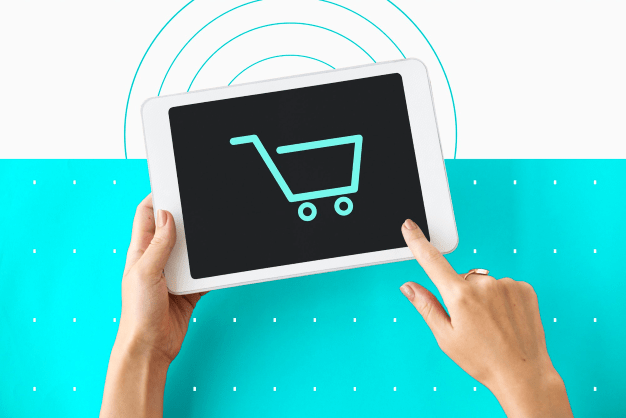Ecommerce is a constantly changing and upgrading environment as technologies improve and companies compete for a larger slice of the pie.
If you’ve been following e-commerce analytics, you’ll know that the trends show that growth and change occur every year. Regardless of the type of e-commerce business you intend to launch, the future of e-commerce appears bright and promising.
WHAT WILL THE FUTURE OF E-COMMERCE LOOK LIKE?
- The Way Forward: Strategic Planning to Prepare for Growth:
There are numerous ways to expand a business. You could work on product development and market penetration in addition to internationalization.
Whatever path you choose, the following factors must be considered: When are you going to grow? How will you go about it? What materials will you require? These are serious issues to consider.
2. Conventional financing methods will be phased out:
Alternative financing is becoming increasingly popular among e-commerce businesses. Many businesses now prefer revenue-based financing (RBF) and inventory financing instead of taking out loans or trading equity for the money of investors.
The paradigm shift did not happen by chance. When asked why they switched from loans to revenue-based financing at Choco Up, my clients expressed the following opinions:
- Applying for bank loans takes time.
- They lack eligible assets (such as cars or real estate) to use as collateral for loans.
- Loan repayments in fixed installments would strain their businesses’ cash flow.
- Equity dilution is another common concern among founders who did not seek angel or venture capital funding.
3. Predictions for e-commerce personalization
Humans crave physical contact with other people, so it’s no surprise that e-commerce is perceived as slightly less intimate and personal than retail shopping. Ecommerce stores lack a person who can assist us with our browsing and recommend products to us in person.
This is why some e-commerce businesses will try to replicate this experience by making their websites more personal and visually appealing. Keeping track of customer preferences and tailoring their e-commerce experience based on what they like and are interested in is one-way e-commerce shops can become more personal for customers. You may be familiar with a similar feature, which is the recommended products section in most online stores that provides customers with product recommendations.
4. Drones for e-commerce delivery:
Drones are flying robots that can be controlled manually or programmed to fly on their own. So, how do flying robots relate to e-commerce, you may wonder?
Some predict that drones will be able to replace order clerks in the future by delivering orders to customers. Drones, as you might expect, are much faster than humans. This will significantly reduce delivery time, resulting in orders being delivered faster than ever before. This will undoubtedly benefit both businesses and customers, which is why many e-commerce companies are excited about this development. Companies’ costs will be much lower, and people will get what they need in much less time.
Next-day delivery services are already beginning to fade.
5. Pop-up e-commerce stores:
If you’re in the e-commerce business, you’re already aware that not having a physical store can be a disadvantage. After all, some people prefer to buy in person, so if you don’t have a pop-up shop to complement your e-commerce business, you could be missing out on potential customers.
In terms of pop-up shops, what can we say about the future of eCommerce?
One possible solution to this problem is to set up a pop-up shop alongside the products you sell online. You will have to consider many factors that will affect the cost of your pop-up shop, such as the store’s location, but you will be attracting more customers than before.
6. AI Systems for Ecommerce:
We discussed the role of drones in the future of e-commerce, but what about artificial intelligence?
AI appears to be a hot topic these days. It’s no secret that incorporating AI can benefit a wide range of businesses, whether it results in better task and time management for employees or simply a more pleasant customer experience.
Potential future AI assistants will be able to perform a variety of tasks, such as handling customer questions and concerns or simply dealing with inventory and orders. As AI systems advance, the assistants will be able to perform a variety of tasks, which is why some people believe AI will begin to dominate the e-commerce space.
Integrating AI into e-commerce appears to be a smart and profitable idea at first glance, but at what cost? Although this may result in a more seamless and faster experience for customers, a larger question arises: will AI replace humans to the point of resulting in fewer job opportunities? Well, that is not the topic of discussion for today.
THE BOTTOM LINE:
Ecommerce is a rapidly growing industry. With global consumers’ increasing purchasing power, the proliferation of social media users, and ever-advancing infrastructure and technology, the future of eCommerce in 2022 and beyond is as bright as ever. Arm yourself with our 06 international growth trends and allow us at ZENKODERS to help you with your future projects and propel your eCommerce business to new heights in 2022.
IMAGE CREDIT: FreePik

